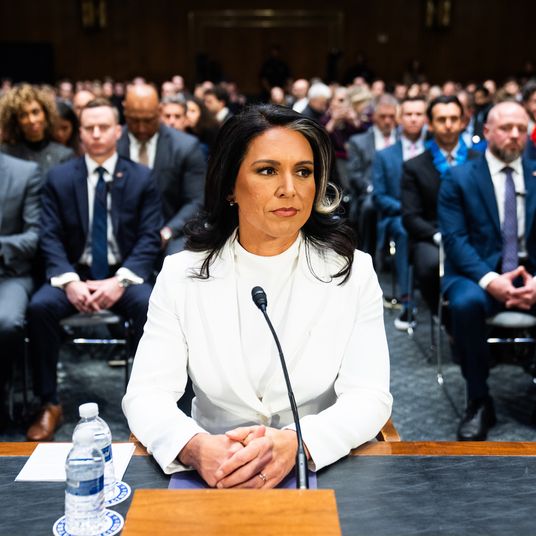
Paul Graham, the co-founder of tech incubator Y Combinator, thinks Facebook’s IPO disaster may spell doom — or at least make things much, much harder — for the rest of the V.C.-backed tech sector.
“Jessica and I had dinner recently with a prominent investor,” Graham wrote in an e-mail to his legions of Y Combinator companies. “He seemed sure the bad performance of the Facebook IPO will hurt the funding market for earlier stage startups. But no one knows yet how much. Possibly only a little. Possibly a lot, if it becomes a vicious circle.”
The problem with Facebook’s flop, Graham said, is not that V.C.s will be more hesitant to fund brand-new companies at high valuations — “that’s not the end of the world,” he wrote — but that established companies that have already raised money at high valuations will take a hit on subsequent rounds.
That’s not good, for reasons that have more to do with investor psychology than actual intrinsic valuation principles. There’s no reason to think a Facebook effect would make a Pinterest that raised money at a $1.5 billion valuation in May worth less in June, unless Pinterest’s business model were, like Zynga’s, directly tied to Facebook’s success (which it’s not, as far as we can tell).
But if Pinterest’s backers do only value it at $1 billion next time, it looks and feels bad to potential acquirers and IPO speculators. Nobody wants to invest in a company whose momentum is going the wrong way, so a down Series B funding round means a down Series C, means a down Series D, and on and on.
That kind of spiral could leave a mark in Silicon Valley, Graham says.
If you haven’t raised money yet, lower your expectations for fundraising. How much should you lower them? We don’t know yet how hard it will be to raise money or what will happen to valuations for those who do. Which means it’s more important than ever to be flexible about the valuation you expect and the amount you want to raise (which, odd as it may seem, are connected). First talk to investors about whether they want to invest at all, then negotiate price.
Graham’s advice to start-up founders? Keep your head on straight.
The best solution is not to need money. The less you need investor money, (a) the more investors like you, in all markets, and (b) the less you’re harmed by bad markets.
I often tell startups after raising money that they should act as if it’s the last they’re ever going to get. In the past that has been a useful heuristic, because doing that is the best way to ensure it’s easy to raise more. But if the funding market tanks, it’s going to be more than a heuristic.
In other words: Stop buying rock-climbing walls with your Series A money.





























